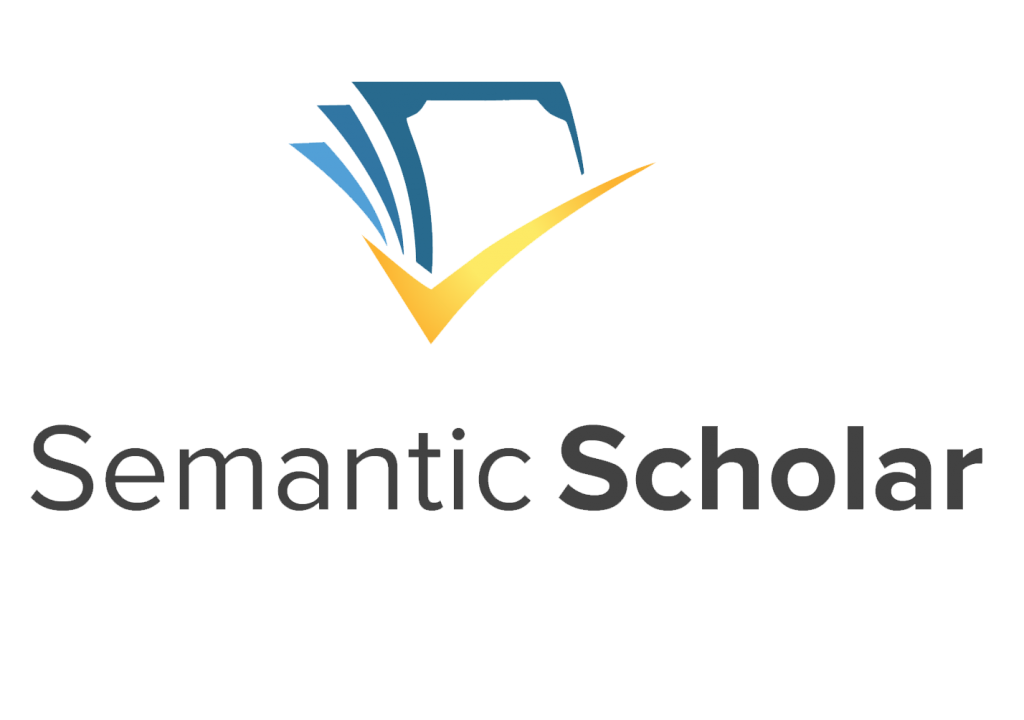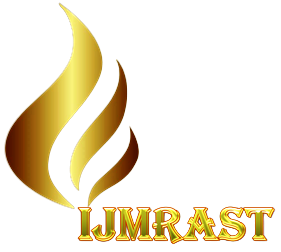Significance Testing of Regional Variations in Potentially Arable Degraded Land Using Parametric and Non-Parametric Methods
DOI:
https://doi.org/10.61778/ijmrast.v3i8.161Keywords:
Potentially Arable Degraded Land; Regional Variation; ANOVA; Permutation t-TestAbstract
Efficient land utilization is crucial for agricultural sustainability, particularly in regions where potentially arable land remains degraded and underutilized. This study investigates regional variations in potentially arable degraded land across six districts of western Uttar Pradesh Bijnor, Meerut, Baghpat, Muzaffarnagar, Saharanpur, and Shamli using both parametric and non-parametric statistical approaches. Data on degraded land area (hectares) from 2018 to 2023 are analysed to assess normality, variance, and mean differences between regions.
The Shapiro-Wilk test confirmed that the distribution of degraded land area did not significantly deviate from normality for both years (2018: p = 0.3658; 2019: p = 0.4457), validating the application of parametric methods. One-way ANOVA revealed substantial variance across districts, with Bijnor exhibiting the highest inter-annual variance (1,213,880.14 unit) and Shamli the lowest (80,991.62 unit). All regions showed non-constant variance patterns, indicating notable year-to-year fluctuations in degraded land extent.
To complement ANOVA and account for potential non-parametric effects, a permutation t-test is performed. The observed difference in mean degraded land area between selected regions is 2.33 ha, with a permutation p-value of 1.0000, suggesting no statistically significant mean difference under resampling.
These findings highlight spatial disparities in degraded land distribution, with parametric analysis detecting variance differences while non-parametric testing found no significant mean gap. The results underscore the need for region-specific land reclamation and policy interventions to optimize agricultural potential in degraded yet cultivable areas.
Downloads
Published
Issue
Section
License
Copyright (c) 2025 International Journal of Multidisciplinary Research in Arts, Science and Technology

This work is licensed under a Creative Commons Attribution-NonCommercial 4.0 International License.












